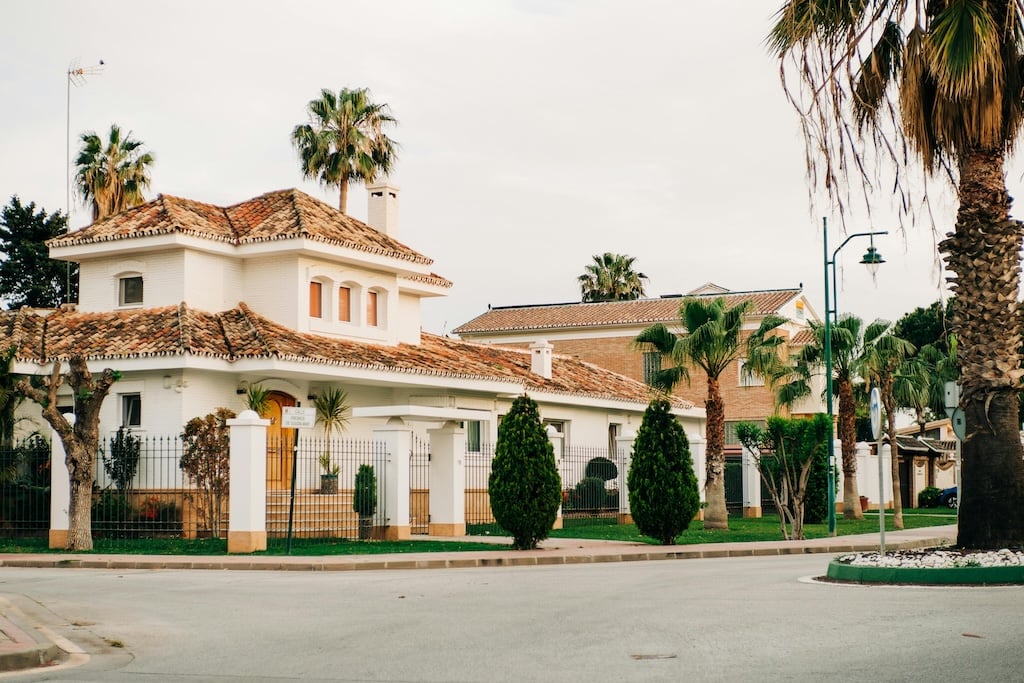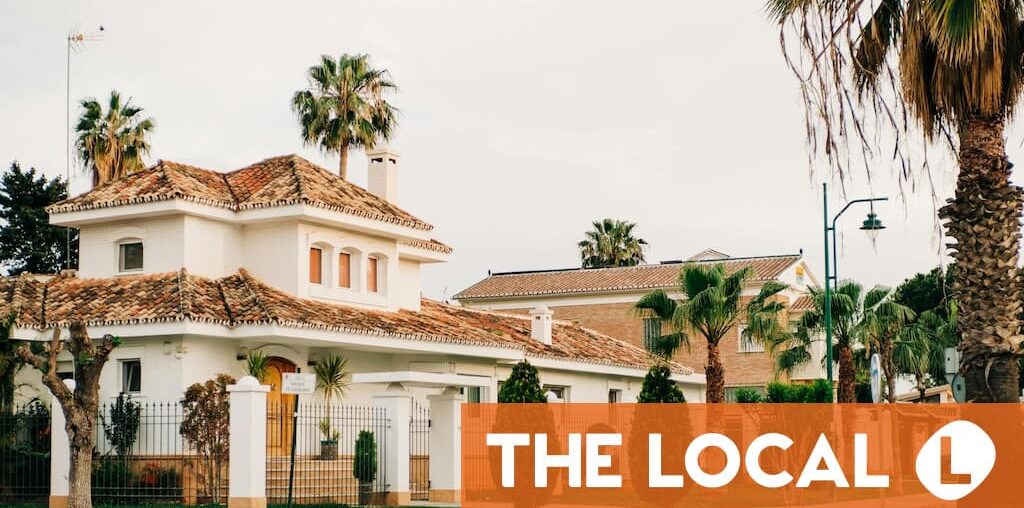
For the past decade, the golden visa has granted non-EU nationals and their direct family members residency in Spain when they bought property worth €500,000, or invested €1 million in shares in Spanish companies, €2 million in government bonds, or transferred €1 million to a Spanish bank account.
Prime Minister Pedro Sánchez first announced the idea of scrapping the visa back in April, and after seven months of legal difficulties, Spain’s Congress finally approved its cancellation in mid-November.
The bill still has to go to the Senate, back to the Congress and then be published in the Official State Bulletin for it come into force, something which is expected to take place in January 2025.
READ ALSO: Is now too late to apply for Spain’s golden visa?
Advertisement
The abolishment of Spain’s golden visa scheme has made headlines abroad, largely because it falls in line with other EU countries’ clampdown on schemes which allow foreigners to ‘buy’ EU residency, an option which has been deemed unethical by some as it has been used by criminals (even though most applicants have legitimate sources of income).
The Spanish government’s main reasoning for getting rid of the scheme was that golden visas are allegedly contributing to the country’s housing crisis.
But there’s a more practical side to the abolishment of the visados de oro that not many international commentators have realised.
The end of the golden visa scheme essentially means that the most flexible and carefree residency option Spain offered non-EU nationals will cease to exist. An option for those who could afford it, of course.
Existing golden visa holders in Spain can in fact have their cake and eat it – they can come and go as they please, they can choose whether to be tax residents in Spain and their application requirements are easier overall. All this while enjoy hassle-free travel across the Schengen Zone.
That will remain the same for those who have a golden visa (the scheme’s cancellation won’t be retroactive), but no so for anyone considering applying after January 2025 most probably.
Let’s break down what will soon change in more detail.
The golden visa is the only residency option that allows you to spend less than 183 days in Spain
The golden visa is the only residency scheme in Spain which doesn’t require you to spend at least 183 days in the country to hold onto your residency rights. Holders can spend as much time away from Spain as you wanted and still retain the right to return. Only one day in Spain a year to renew the visa is required.
The golden visa residency authorisation is available for a period of one year, but it is possible to extend it for a further two years, and then two years again.
This is unlike other popular residency options such as the non-lucrative (NLV) and digital nomad (DNV) visas. For the NLV you could only renew the visa if you stayed in the country for at least 183 days and continued to meet all the requirements, including financial ones. For the DNV you also have to stay in Spain for more than 183 days a year.
READ ALSO: What the end of all of Spain’s golden visas means for foreigners
Advertisement
It’s the only residency visa that doesn’t require you to become a Spanish tax resident
Crucially, the golden visa also gives far more leeway in terms of fiscal residency. Being able to spend under 183 days in Spain to not become a tax resident and still hold onto residency and renewal rights isn’t an option with other visas.
For both the NLV, DNV, as well as any work visa and student visas, you will need to pay tax on your worldwide income to Spain.
Those on the NLV will pay tax on their passive income and any interest on savings, while those on the DNV will pay tax on salaries from remote positions or income from being self-employed.
It’s worth noting that even if golden visa holders are not Spanish fiscal residents, they are liable to paying other taxes to Spain such as non-resident tax (IRNR) and IBI property tax. And of course if they work in Spain (which is possible on the golden visa) income tax.
But what they do have that other Spanish visa holders don’t is the choice to decide which taxes to pay.
Advertisement
The golden visa doesn’t have as many requirements
The golden visa is also considered flexible because it doesn’t have as many requirements as some of the other visas.
As long as you are over 18, have the money, do not have a criminal record from the last five years, have not been rejected for residency and have private health insurance, then usually it will be granted.
The NLV on the other hand has a long list of requirements which means that you don’t just have to have savings, but you have to be earning a certain amount each month in passive income as you’re not allowed to work.
The DNV again has an even longer list of requirements, which among other things requires you to earn over a certain amount per month, have worked with your client for at least three months, work for a company which has been in existence for more than a year and not earn more than 20 percent of your income from Spain.
The golden visa cancellation eliminates another path to Spanish citizenship
Although the golden visa itself is not always a direct path to citizenship as this requires continuous residency in the country for 10 years without long absences from the country, for some golden visa holders only two years residing in Spain are enough to apply for citizenship.
These include golden visa holders from Latin American countries (Argentina, Bolivia, Brazil, Chile, Colombia, Costa Rica, Cuba, Ecuador, El Salvador, Guatemala, Honduras, Mexico, Nicaragua, Panama, Peru, Paraguay, the Dominican Republic, Uruguay and Venezuela), as well as Andorra, the Philippines, Equatorial Guinea, Portugal or persons of Sephardic Jewish origin.
For these people, having a Spanish golden visa meant getting their foot in the door easily, and just having to spend two years in Spain before applying for citizenship.
For other non-EU nationals such as Brits and Americans who have to reside in Spain for ten years before applying to become Spanish nationals, the golden visa still represented a pathway to citizenship when other options such as work visas (work permit, digital nomad visa etc) weren’t an option.

